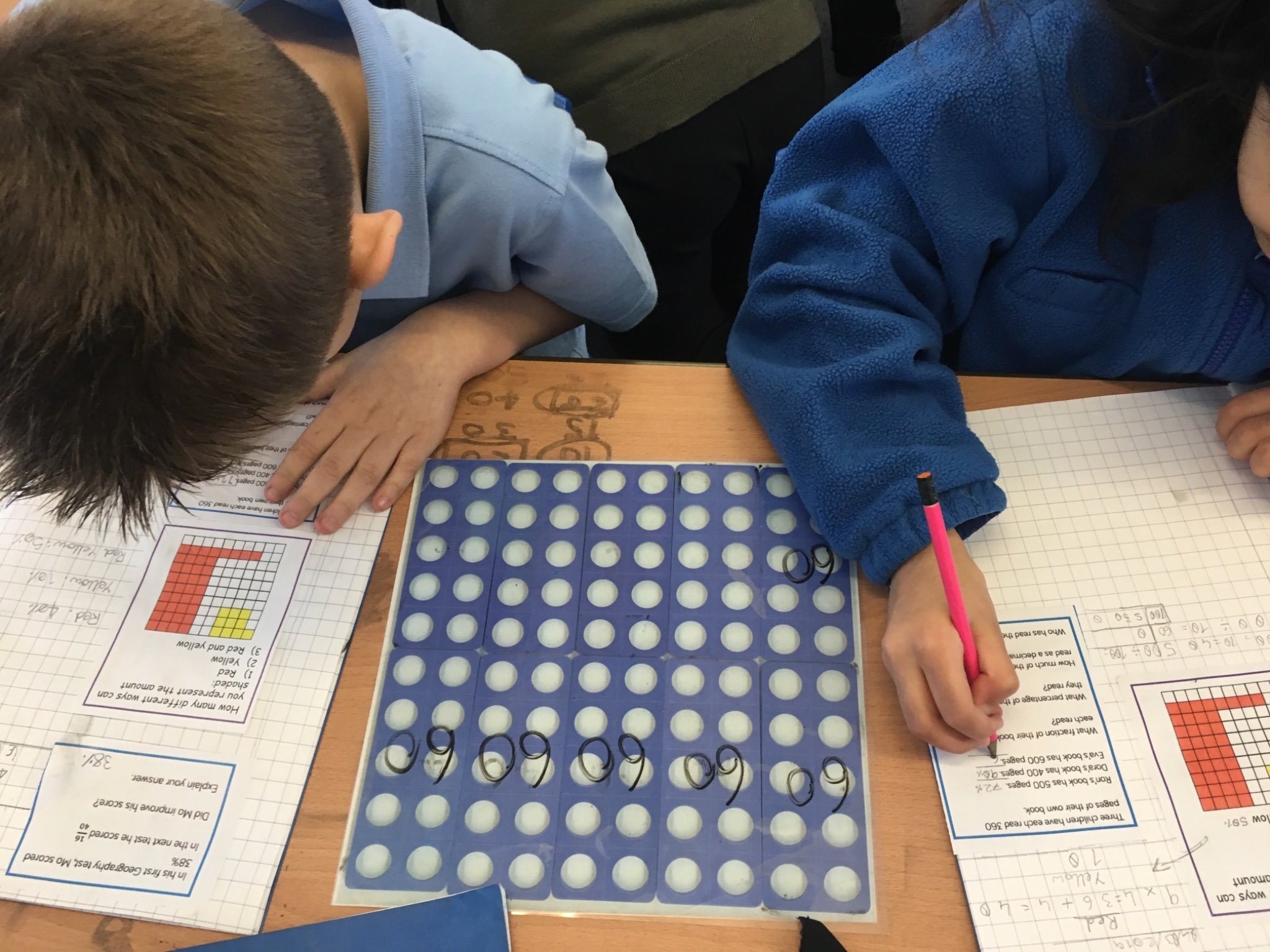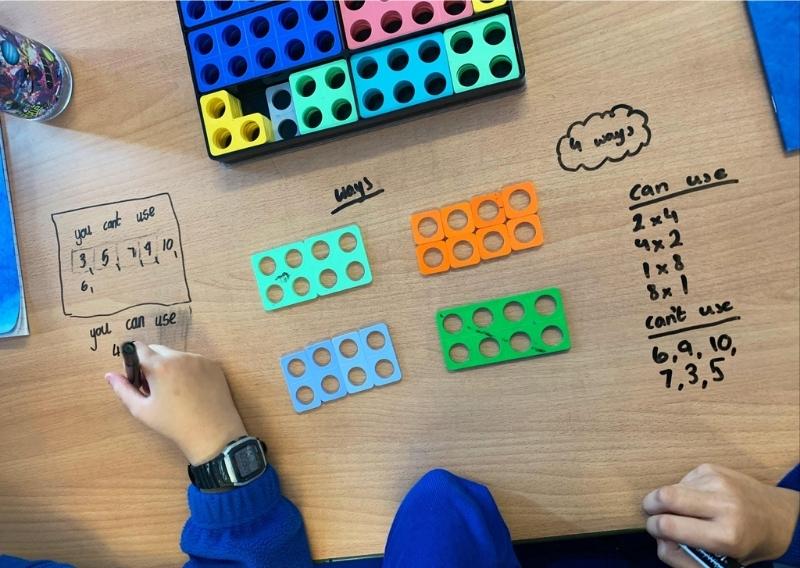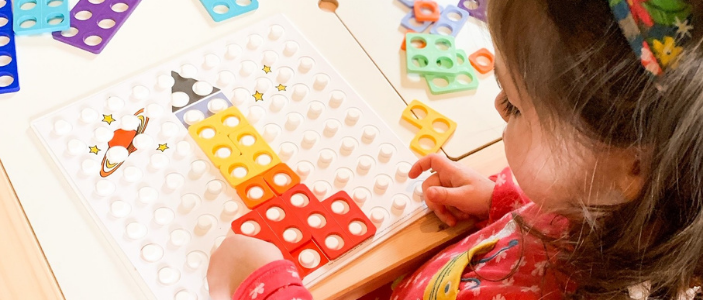
By Lydia Davison, Maths Lead and Teaching and Learning Lead, Newbold Verdon Primary School in Leicester A narrative often surfaces when it comes to the use of manipulatives in the primary mathematics classroom. In my experience, primary educators frequently talk of using manipulatives such as Numicon apparatus in the Foundation Stage and Key Stage1 – […]
Read more




